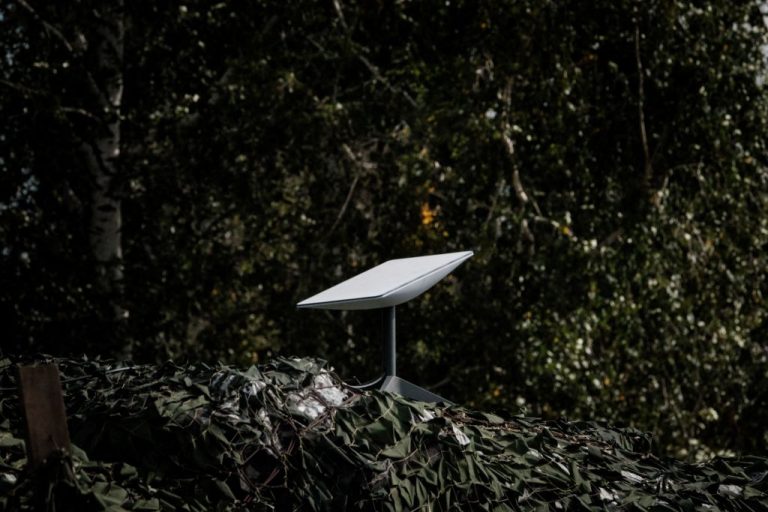Elon Musk said on Friday his rocket company SpaceX cannot indefinitely fund its Starlink internet service in Ukraine, which has helped the country’s civilians and military stay online during the war with Russia.
Musk’s comment on Twitter came after a media report that SpaceX had asked the Pentagon to pay for the donations of Starlink. The billionaire has been in online fights with Ukrainian officials over a peace plan he put forward which Ukraine says is too generous to Russia.
A senior defense official told reporters on Friday that the U.S. Department of Defense would not confirm that ongoing talks with the company were related to payment, but said the Pentagon was “continuing to talk to SpaceX and other companies about SATCOM capabilities.”
The Starlink communications platform has been very “exceptionally effective on the battlefield” allowing Ukrainians to support multiple device connections in the combat environment, a senior U.S. military official said.
The billionaire who runs Tesla said Starlink says he spends nearly $20 million a month for maintaining satellite services in Ukraine. He recently said that SpaceX had spent about $80 million to enable and support Starlink there.
Success
You are now signed up for our newsletter
Success
Check your email to complete sign up
“SpaceX is not asking to recoup past expenses, but also cannot fund the existing system indefinitely *and* send several thousand more terminals that have data usage up to 100X greater than typical households. This is unreasonable,” Musk wrote on Twitter on Friday.
“We’ve also had to defend against cyberattacks & jamming, which are getting harder,” Musk wrote.
CNN reported on Thursday that SpaceX sent a letter to the Pentagon last month saying it could not continue to fund the Starlink service in Ukraine and it may have to stop funding it unless the U.S. military gives the company tens of millions of dollars a month.
SpaceX did not respond to a request for comment.
Musk activated Starlink, satellite broadband service, in Ukraine in late February after internet services were disrupted because of Russia’s invasion. SpaceX has since given it thousands of terminals.
Starlink has been a key communications tool for Ukrainian forces in their fight against Russian forces.
On Friday, an advisor to the Ukrainian president said Kyiv will find a solution to keep the Starlink internet service working in Ukraine. And Mykhailo Fedorov, Ukraine’s vice prime minister, backed him up on Telegram.
“Starlink terminals were working, are working and will work. Do not worry,” he wrote, adding a smiley face emoji at the end.
Ukraine said this week Starlink services helped restore energy and communications infrastructure in critical areas after more than 100 Russian cruise missile attacks
Russia calls its intervention in Ukraine a “special military operation” and says it does not target civilians.
Musk drew widespread criticism from Ukrainians over his peace plan in which he proposed that Ukraine permanently cede the Crimea region to Russia, that new referendums be held under U.N. auspices to determine the fate of Russian-controlled territory, and that Ukraine agree to neutrality.
Ukraine says it will never agree to cede land taken by force, and lawful referendums cannot be held in occupied territory where many people have been killed or driven out.
Ukraine’s President Volodymyr Zelenskiy was among those who criticized Musk’s proposal.
Ukraine’s outgoing ambassador to Germany, Andrij Melnyk, also condemned the plan in tweet that told Musk in profane terms to go away.
Musk, responding to a post referring to the fate of the Starlink service and the ambassador’s remark, said:
“We’re just following his recommendation.”
Republican U.S. Representative Adam Kingzinger cited Musk’s comments on Twitter, writing “if there was ever proof that
“@elonmusk is playing games this is it. I’m not sure someone like this can be trusted to any longer do business with our government.”
While extremely costly to deploy, satellite technology like Starlink can provide internet for people who live in rural or hard-to-serve areas where fiber optic cables and cell towers do not reach. The technology can also be a critical backstop when natural disasters disrupt communication.
By Reuters (Reporting by Shubham Kalia in Bengaluru, David Shepardson and Mike Stone in Washington; Editing by Robert Birsel and Alistair Bell)
















